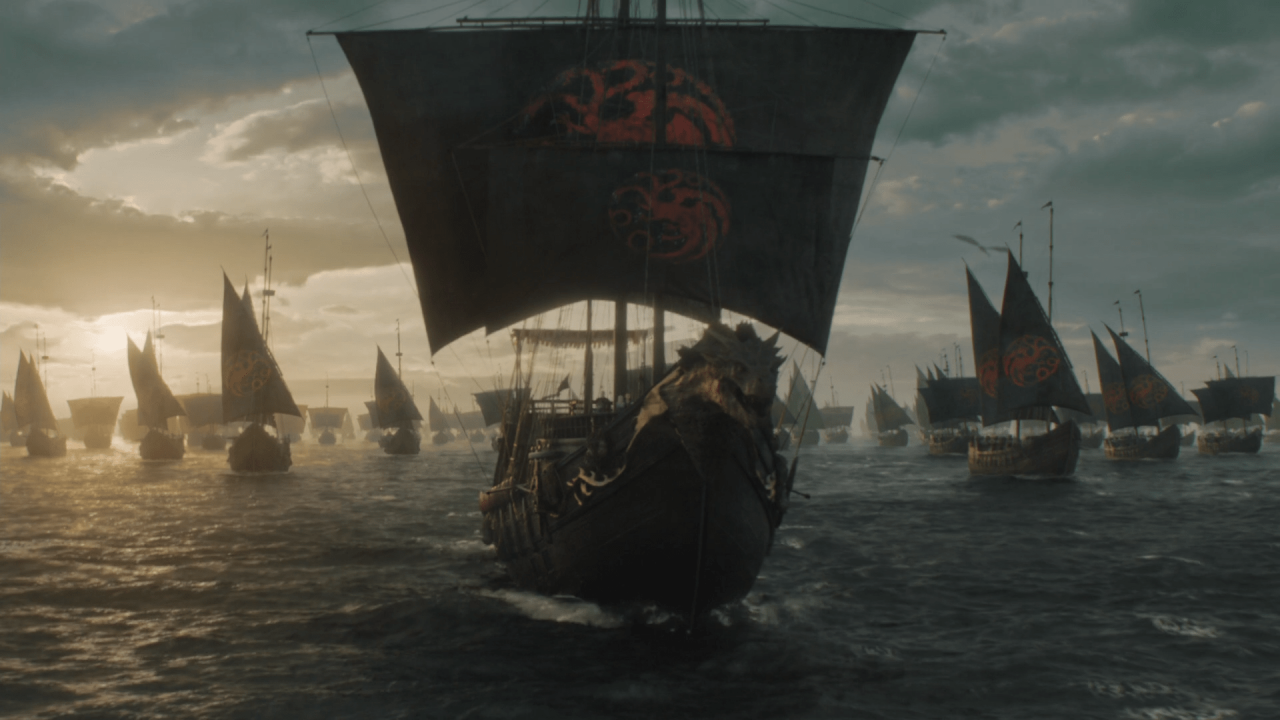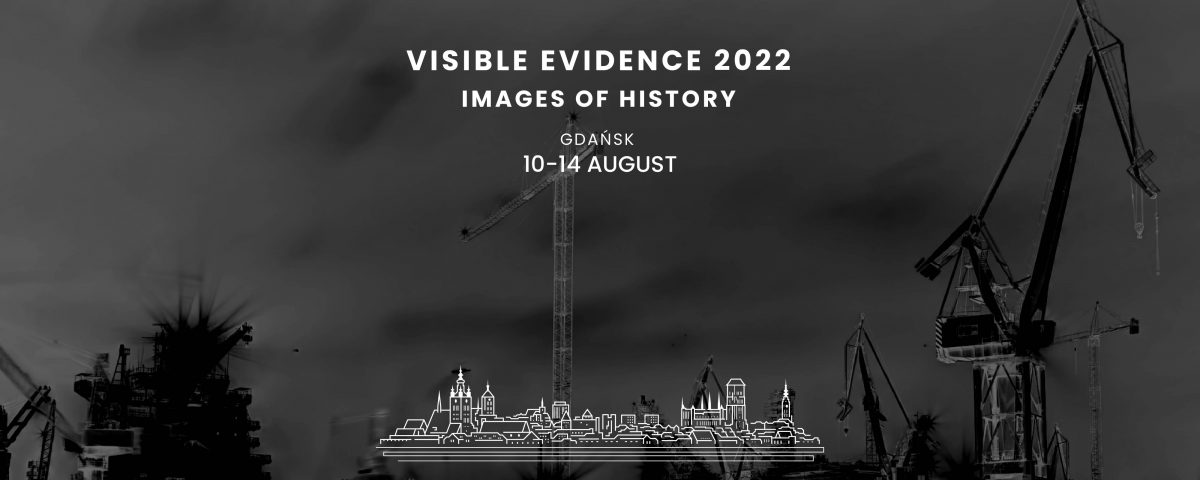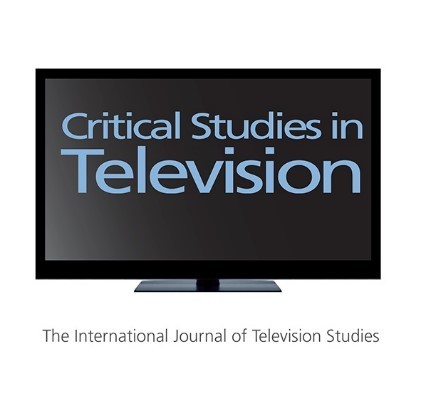
The Flowing Image: The Ocean On-Screen 28-29th August 2024 Hybrid MS Teams &

The Flowing Image: The Ocean On-Screen 28-29th August 2024 Hybrid MS Teams &

FIFTEEN YEARS OF THE MARVEL CINEMATIC UNIVERSE Friday 25th to Sunday 27th August , 2023.

he XXVIII Visible Evidence Conference will take place at the University of Gdansk between 10 and 14 August 2022. The event is conceived as an “in person” event, and we warmly invite everybody to make every effort physically to attend the sessions.

August 16-22, 2021; Virtual Event Queen’s University* Katarokwi/Kingston, Canada *Queen’s University is situated on Anishinaabe and Haudenosaunee territories What is the Witch Institute? In the last few years, the witch has re-emerged as a powerful political symbol.

organised by London Centre for Interdisciplinary Research Nowadays we live and breathe media, minute-by-minute, hour-by-hour. News, television, social media, celebrity culture, music, and more.

Where to, Television Studies? What directions are there to investigate? What are the themes that are important as the medium morphs and changes? What methodological challenges do these changes pose to Television Studies and what place does television history continue to hold within our discipline? This conference will be a space where we can come together to set the agenda for television research and education.

Speculative fiction, film, and television series are fast-growing genres, in part because they comment on the present. These genres ask readers to consider environmental, technological, and political events and developments in the world today, and the impacts these may have on the world of the future.

KEYNOTE SPEAKERS Sherryl Vint (UC Riverside, USA) Sara Wasson (Lancaster, UK) ‘Fantastika’ is an umbrella term that embraces the genres of Fantasy, Science Fiction and Horror but can also include Alternate History, Gothic, Steampunk or any other radically imaginative narrative space. The sixth annual Fantastika conference will aim to define, challenge and debate conceptualisations of embodiment.
Circulating across Europe? Transgressive Narratives about the Past Workshop at Harvard University 28-29 August 2018 Convenors: Dr Félix Krawatzek and Dr George Soroka In recent years, scholars have increasingly come to challenge the reductionist view of a Europe conceived primarily in terms of East and West.